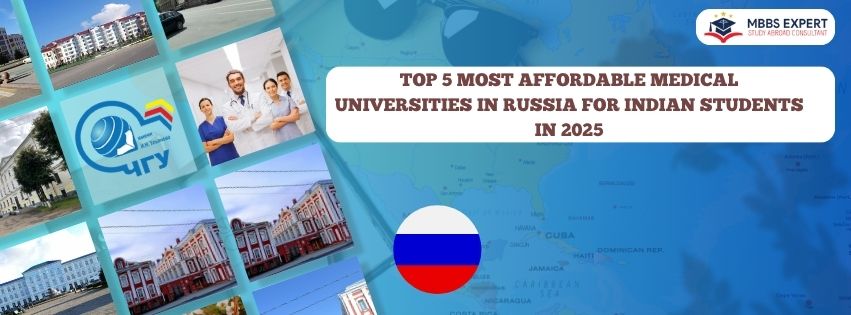Budget-Friendly Medical Education in Russia: Affordable Universities for Indian Students Introduction Pursuing a medical degree…
The Transformative Influence of Technology on Medical Education for MBBS Students Under Management Quota
![]()
The Transformative Influence of Technology on Medical Education for MBBS Students Under Management Quota
In recent years, the field of medical education has witnessed a significant transformation, thanks to the integration of technology. This revolution has impacted MBBS students, particularly those pursuing their education under the management quota. In this blog, we will explore the profound influence of technology on medical education, focusing on the benefits it brings to MBBS students enrolled under the management quota. The Transformative Influence of Technology on Medical Education for MBBS Students Under Management Quota.
- Enhanced Accessibility to Learning Resources:
Traditionally, medical education heavily relied on textbooks and physical classrooms. However, technology has revolutionized this approach by providing easy access to a wide array of online resources. MBBS students under the management quota can now explore virtual libraries, online journals, and medical databases, expanding their knowledge base beyond the confines of their institutions. These resources allow them to stay updated with the latest research, medical breakthroughs, and case studies, thereby enriching their learning experience.
- Interactive Learning Tools:
Technology has revolutionized the classroom experience, replacing passive learning with active engagement. MBBS students can now benefit from interactive learning tools such as simulators, virtual dissection tables, and 3D anatomical models. These tools provide a hands-on experience, enabling students to grasp complex medical concepts with greater clarity. Under the management quota, where students may face limited access to clinical facilities, technology bridges the gap by offering immersive learning experiences.
- Remote Learning Opportunities:
The COVID-19 pandemic necessitated the adoption of remote learning, and medical education was no exception. MBBS students under the management quota can now attend virtual lectures, participate in webinars, and collaborate with peers and professors through online platforms. Remote learning has opened up new avenues for communication and collaboration, transcending geographical boundaries. It enables students to engage with experts from around the world, fostering a global perspective and promoting cross-cultural exchange.
- Advanced Medical Simulations:
Technology has made significant advancements in medical simulations, providing MBBS students with a safe environment to practice essential medical procedures. Simulated surgeries, patient case studies, and virtual clinics allow students to develop critical thinking, decision-making, and problem-solving skills. The management quota students can benefit greatly from these simulations, as they may face challenges in accessing clinical training due to limited availability.
- Personalized Learning and Assessment:
Technology enables personalized learning experiences tailored to the individual needs of MBBS students. Adaptive learning platforms utilize artificial intelligence to identify students’ strengths and weaknesses, providing targeted learning materials and assessments. This personalized approach helps students under the management quota to progress at their own pace, ensuring a comprehensive understanding of the curriculum.
Conclusion:
The impact of technology on medical education for MBBS students under the management quota cannot be overstated. It has opened up new avenues for learning, provided access to a wealth of resources, and facilitated remote collaboration. The integration of technology has enhanced the overall educational experience, empowering students with practical skills and knowledge crucial for their medical careers. As we move forward, it is imperative to continue embracing technology in medical education, ensuring that all MBBS students, including those under the management quota, have equal opportunities to excel and contribute to the healthcare field.





